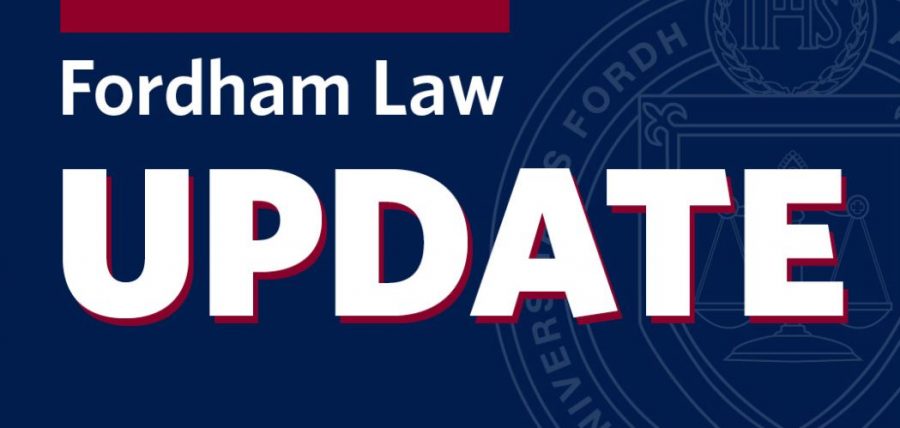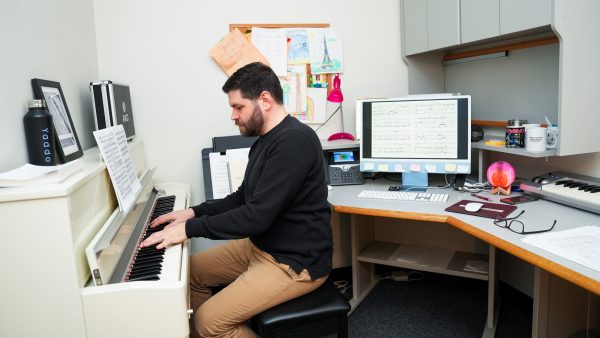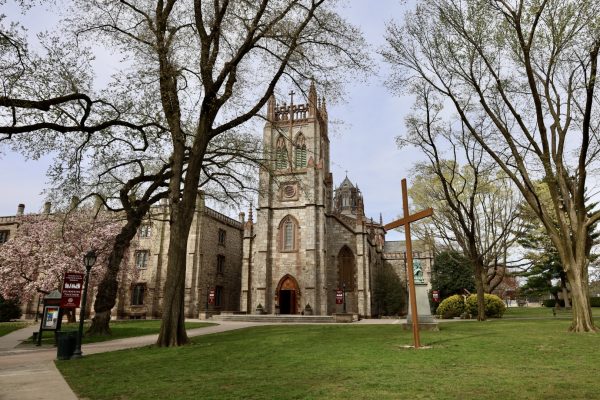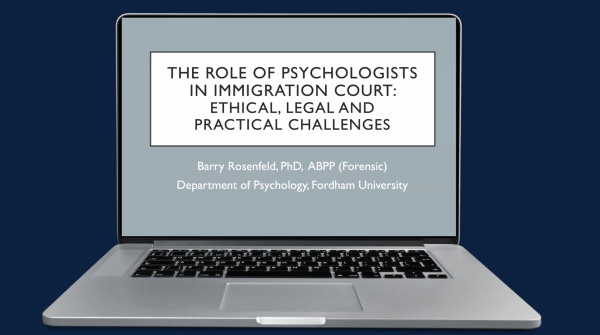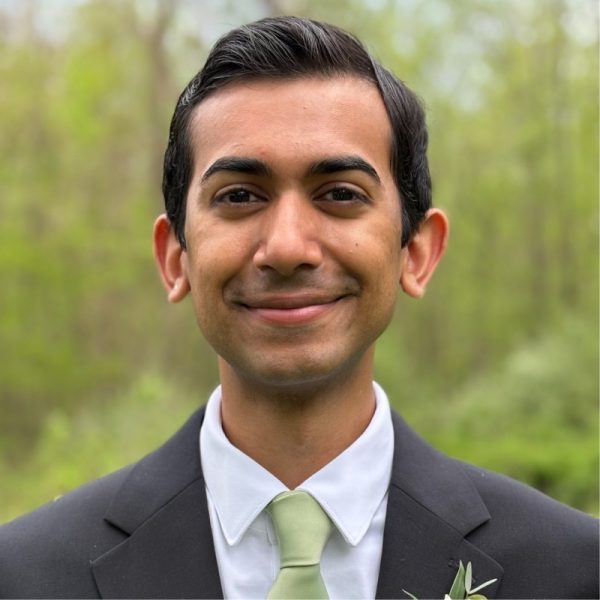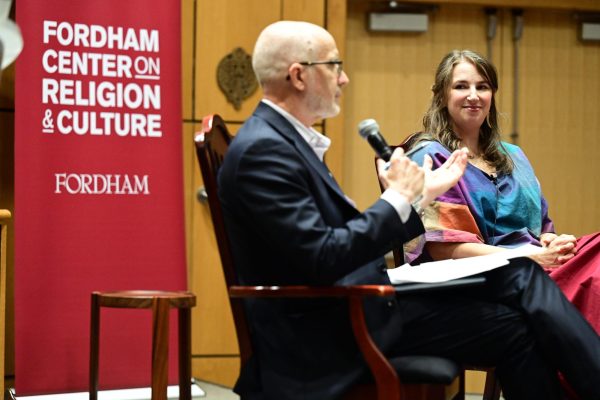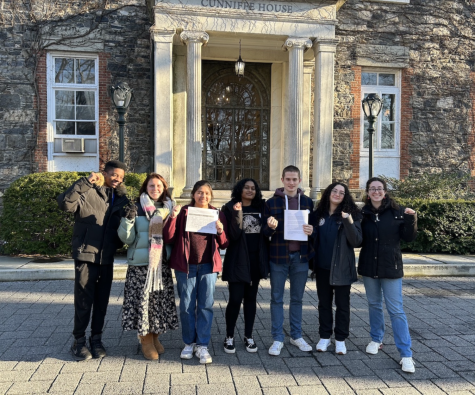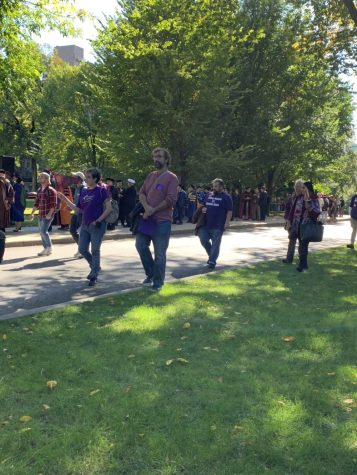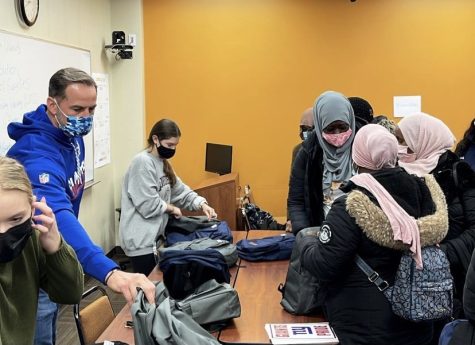Fordham Law Recieves $3.5 million to Fund Racial Justice Initiatives
The fund will also support the new director of diversity, equity and inclusion, Kamille Dean. (Courtesy of Fordham Law News)
Fordham Law School announced that it received more than $3.5 million in donations to fund racial justice initiatives. The fund is made up of multiple gifts from Fordham Law alumni, the largest of which being $1.4 million from an anonymous donor.
Matthew Diller, dean of Fordham Law, said the school has been focused on issues of diversity and equity for a long time, but events in June following George Floyd’s murder showed work needed to be done.
“We are renewing and expanding our efforts to make sure that the law school provides strong support for our students of color, that we recruit and enroll a diverse class and that we speak as a voice in our community on issues of racial justice,” Diller said.
The acquired funds will serve many purposes, including expanding the Increasing Diversity in Education and the Law (IDEAL) program, according to Diller. The program helps identify motivated, underrepresented students in the New York City area and exposes them to the many facets of the legal profession.
“It focuses on building a pipeline into law school,” Diller said. “It’s really targeted at students from underrepresented backgrounds … and it’s a way of broadening the pool. There’s no requirement that the students go to Fordham Law School, but rather it’s just a way of helping to build the pool of really strong applicants.”
Fordham Law is also working to fundamentally change the environment at Fordham Law to make it more welcoming and inclusive. Kimathi Gordon-Somers, dean of Student Affairs, worked with student leaders directly to get a sense of what their concerns are.
“The overarching [question] was that, you know, was Fordham as inclusive as it could be, was the law school as welcoming as it could be to marginalized students,” Gordon-Somers said. “Most of the conversations that I had with the organizations was about ways to get them more involved, ways to get marginalized students feeling more comfortable.”
The fund comes from several donors interested in supporting programs that provide opportunities to students from underrepresented groups in the legal profession. For example, $1.25 million from David Tanen, a Fordham Law alumnus, will support programming, training and education on diversity, equity and inclusion issues for faculty, students, staff and the alumni community.
After George Floyd was murdered in May, Fordham Law established the Deborah A. Batts Scholarship, which will be awarded to students who have overcome systemic disadvantages and are committed to using their legal education to promote social justice and civil rights.
Vera Bullock, assistant dean of Fordham Law, is in charge of all alumni relations and fundraising.
“The first thing that we did is we reached out to all the alumni, and said, listen, we are forming this scholarship fund,” Bullock said. “Some of them have been longtime supporters of the law school and they have the capability of making a large gift. I’ve been here for 10 years, so I picked up the phone and I said listen, can I get you on the phone with Dean Diller and myself and can we tell you about other initiatives that need funding.”
The scholarship is named for Deborah A. Batts, the first tenured African American member of the Fordham Law faculty, who recently passed. She was also the first openly LGBTQ+ member of the federal judiciary.
“Some donors will come to the table and say, listen, this is my interest area, or things that I supported in my undergrad, or where my kids go to college, or you know based on my work,” Bullock said. “Some donors, they’ll just say put the money where the need is greatest.”
The fund will also support a new position created by the law school. Kamille Dean was hired as the new director of diversity, equity and inclusion and will work directly with Gordon-Somers.
“If we maintain and push towards inclusivity as a whole, whether it’s at Fordham or in our legal profession, then it fosters diversity of thought, and diversity of thought is always a good thing,” Gordon-Somers said.
Funds will also support the law school’s Center on Race, Law and Justice, with a special focus on efforts around policing and technology.
“I’m extremely excited about it, and I see it as a way to help us really deliver on our mission and to have an impact on the legal profession,” Diller said. “At the end of the day, our students go out and become lawyers and they represent clients, and how they do it and who does it is all very, very important, so this will really help us, you know, carry our vision of justice forward.”





































































































































































































